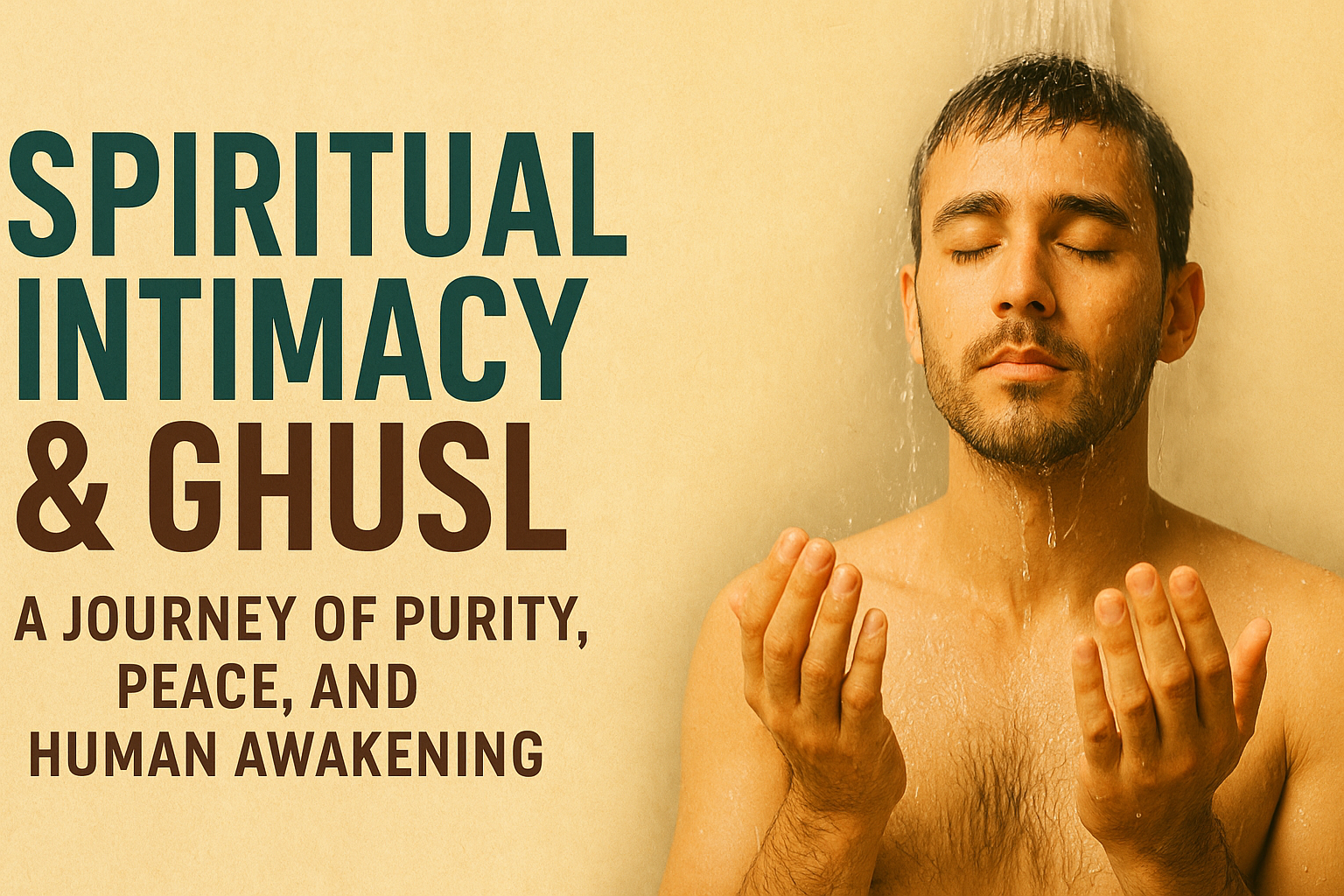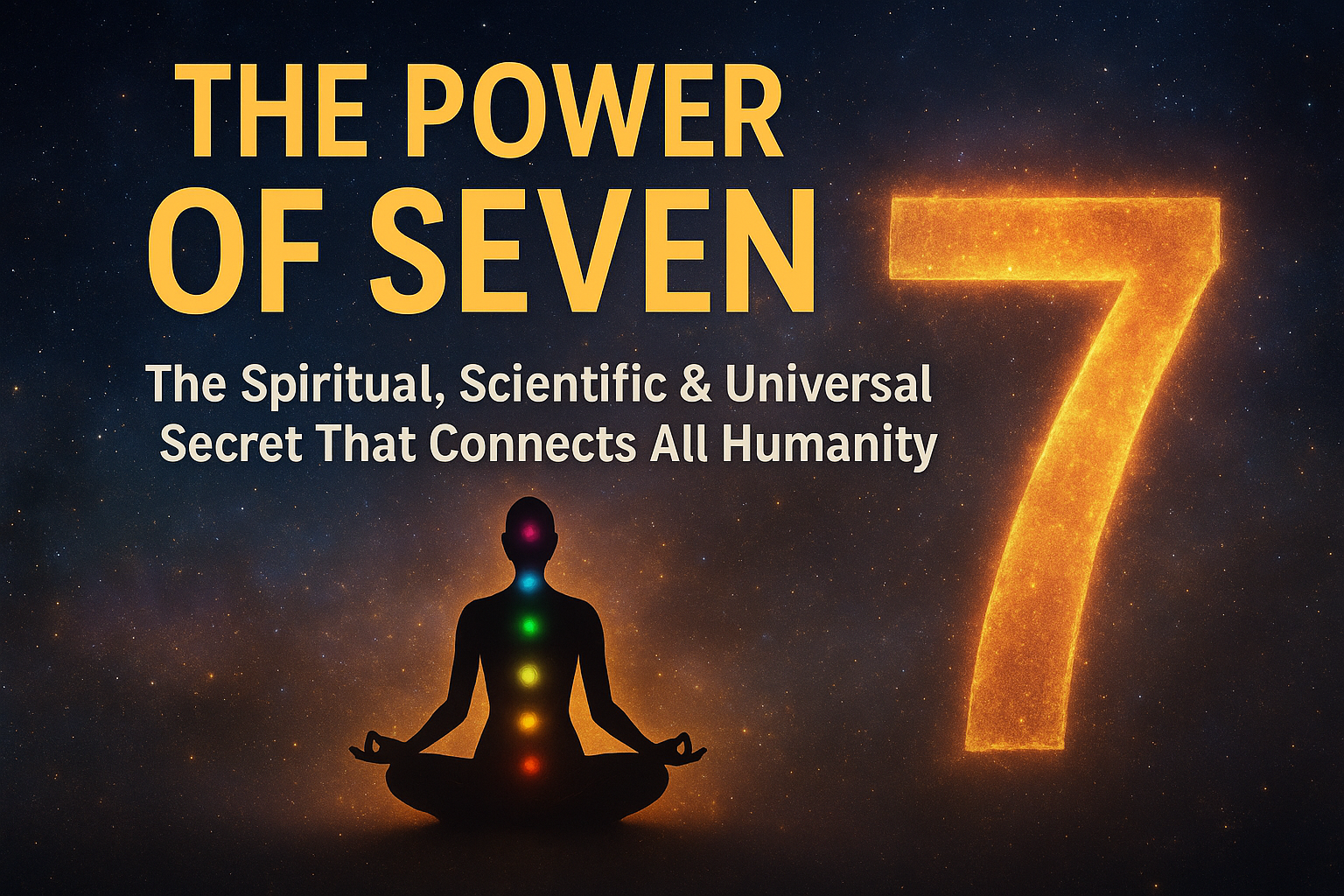Uncategorized
-
“The 9 Holes of Your Body Hold the Secret Energy That Can Change Humanity Forever.
The 9 Holes of Your Body Hold Hidden Energy That Can Transform Humanity Forever Introduction: You Are Not Just a Body — You Are a Living Energy System Pause for a moment and think deeply. When a human dies, the body is still there. The heart is there. The brain is there. The organs are…
-
“When Man Becomes Silent, God Begins to Speak.”
Silence Is Winning Sometimes the Most Powerful Move Is to Say Nothing We live in a very noisy world. Everyone is talking. Everyone is explaining. Everyone is trying to prove something. Social media is loud. Arguments are loud. Egos are loud. But real power? Real power is quiet. Silence is winning. This is not a…
-
“When Water Touches the Soul: A Truth the World Has Forgotten”
🌿 Spiritual Intimacy & Ghusl: A Journey of Purity, Peace, and Human Awakening A deeply motivating guide for all humanity 🌟 Introduction: The Universal Hunger for Something More Every human being living under the sun has one silent desire inside the heart:to feel connected—to God, to the universe, to our own soul, and to each…
-
“The Forgotten Secret of 7: The One Divine Code That Unites All Religions, All Science, and All of Humanity”
🌍✨ **THE POWER OF SEVEN The Spiritual, Scientific & Universal Secret That Connects All Humanity** 🌟 **INTRODUCTION: Some Truths Are Too Perfect to Be Coincidence** Have you ever wondered why the number 7 keeps appearing again and again… In religion?In nature?In the human body?In science?In ancient cultures?In modern life? Why 7? Why not 5?Why not…










